When artificial intelligence becomes the beating heart of tomorrow’s medicine
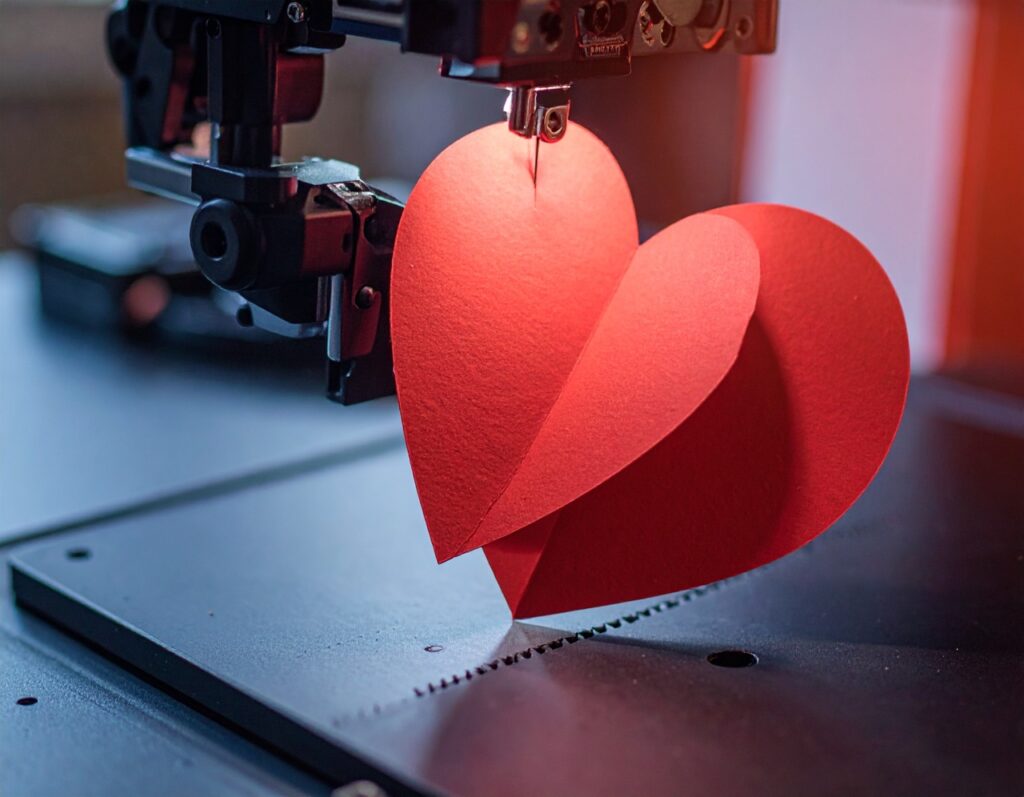
During the 36th International Day of the Monaco Cardiothoracic Centre, surgeon René Prêtre and philosopher Luc Ferry shared their views on the transformation that artificial intelligence is bringing to medicine. Between treatment advances and societal concerns, the heart perfectly symbolises the issues shaping the future of the medical profession in the age of AI.
From our voice assistants to recommendation algorithms, artificial intelligence has become part of our daily lives. Medicine is no exception to this revolution: in clinics and operating theatres, AI is reshaping the contours of an age-old profession. For paediatric cardiac surgeon René Prêtre, President of the Scientific Council of the Monaco Cardiothoracic Centre, cardiology is currently undergoing major developments thanks to AI.
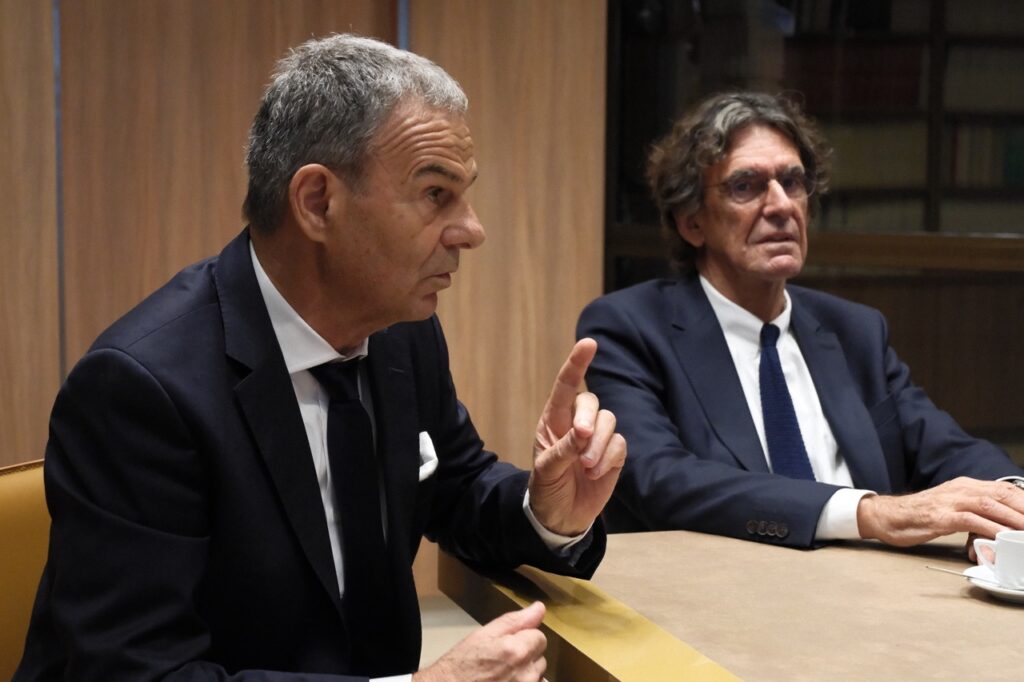
The technology promises early detection of abnormalities, allowing intervention before conditions worsen. And its fields of application are already multiplying: interpreting electrocardiograms, optimising drug dosage… “Digital twins make it possible to produce complete 3D reconstructions of the heart and now to simulate the evolution of an organ over several decades, adapting treatments with unprecedented precision,” explained René Prêtre. Such predictive capability would remain out of reach without the extraordinary computational power of AI.
“Digital twins” make it possible to produce complete 3D reconstructions of the heart
Dizzying progress shifting boundaries
The rise of artificial intelligence now goes far beyond the more familiar virtual assistants. “Multimodal AI, which emerged less than a year ago, represents a major breakthrough,” said Luc Ferry, author of a recent book titled IA : grand remplacement ou complémentarité? (AI: Replacement or Ally?) The technology simultaneously integrates vision, hearing, speech and contextual understanding – capabilities that, in some areas, closely resemble human intelligence.
Operating theatres are witnessing spectacular advances. Johns Hopkins University recently unveiled a world first: in 2024, the SRT-H robot performed gallbladder removals on animals entirely autonomously, without any manual human intervention. Trained by watching surgical videos, the system flawlessly completed the 17 steps of the delicate procedure. Even though the operation took longer than it would have under a human surgeon, the quality of the results equalled that of an experienced practitioner. The breakthrough paves the way for complex surgical procedures to be carried out by autonomous systems, bringing the horizons of science fiction closer than we could have imagined.
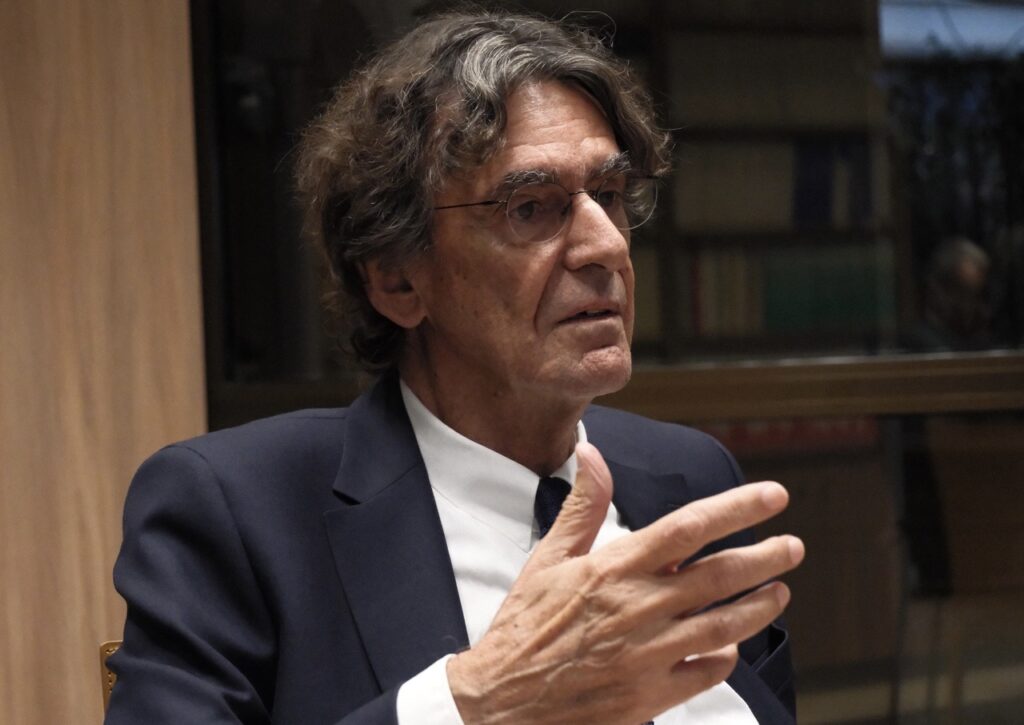
For René Prêtre, for now cardiac surgery remains a field in which human expertise will continue to take precedence for several generations to come. According to the surgeon, contemporary robotic systems such as the Da Vinci are more akin to telemanipulation than to true surgical autonomy.
AI, champion of diagnosis
On this crucial issue, Luc Ferry adopts a less optimistic position. The philosopher believes that artificial intelligence risks replacing practitioners rather than assisting them. In oncology in particular – a field that especially interests him – AI’s performance already far surpasses human capabilities: “Jean-Emmanuel Bibault, oncologist and professor of radiotherapy at the Georges-Pompidou European Hospital, states clearly in his book 2041, l’Odyssée de la médecine (The Odyssey of Medicine) : AI diagnoses with an effectiveness a thousand times greater than that of doctors.”
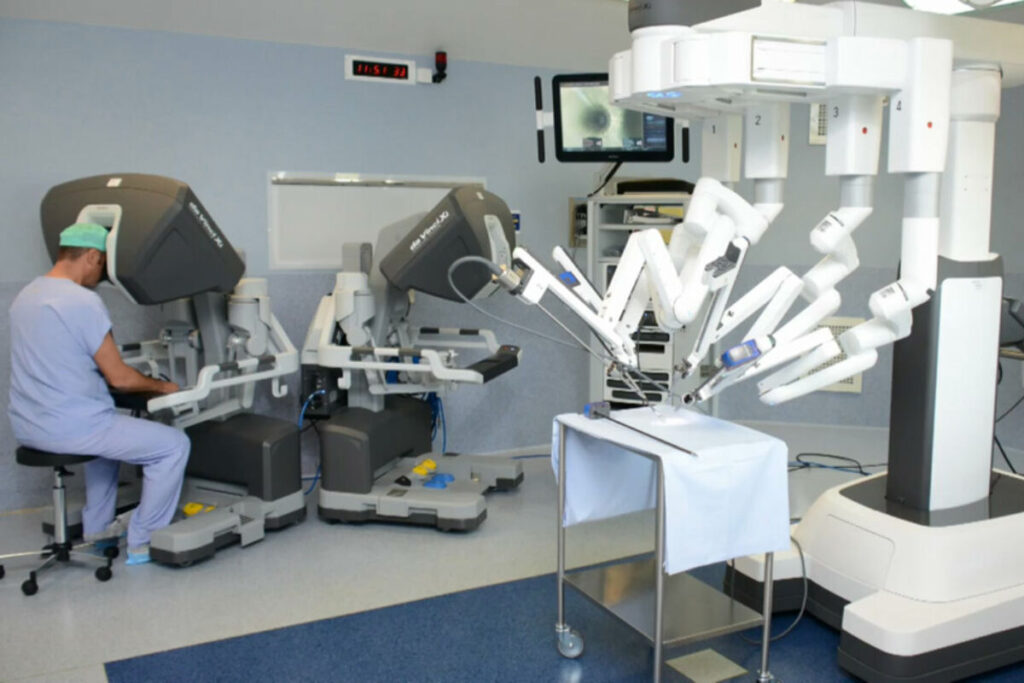
Artificial intelligence particularly excels in disciplines that require colossal volumes of information to be processed. It even won the gold medal at the International Mathematical Olympiad, a feat that Fields Medallist Cédric Villani humbly acknowledges, telling Luc Ferry that at 56, it now outperforms him. “I gave ChatGPT an IQ test – it scored 160!” said the philosopher. “It provides answers to logic puzzles in seconds that would take several minutes of human reasoning.”

AI’s superiority also manifests itself in more unexpected ways. Luc Ferry notes that in clinical experiments, patients perceive AI as far warmer and more empathetic than flesh-and-blood doctors. Designed to show kindness, it responds attentively to patients’ anxieties, whereas some practitioners can appear distant or rushed.
Faced with such upheaval, the question of maintaining the human connection in medical practice becomes central. Contrary to popular belief, comparative experiments show that “AI is seen as far more pleasant and far more empathetic than humans, because it’s programmed to be nice,” said Luc Ferry. This is reflected in the increasing use of conversational agents as psychological support – a reality that raises questions about the place of humans in an increasingly technology-based healthcare system.
Professional changes far beyond the medical sector
The repercussions extend well beyond healthcare. Luc Ferry sees artificial intelligence as a systemic threat to employment. Amazon has already replaced 27,000 employees with AI assistants and plans to replace a further 600,000. Goldman Sachs foresees the potential loss of 300 million jobs in the next decade. A report by the consulting firm Roland Berger even suggests that 125 million public sector jobs could already be automated.
The prospect alarms all major tech leaders, from Mark Zuckerberg to Elon Musk and Sam Altman, CEO of OpenAI and the creator of ChatGPT, all of whom now advocate for a universal basic income. “They are fully aware that they are about to eliminate hundreds of millions of jobs,” the philosopher notes. The experiment led by Sam Altman himself – paying unemployed Americans $2,000 a month for two years on the condition that they do not work – revealed the devastating effects of forced idleness: alcoholism, marital breakdowns, depression and suicides.
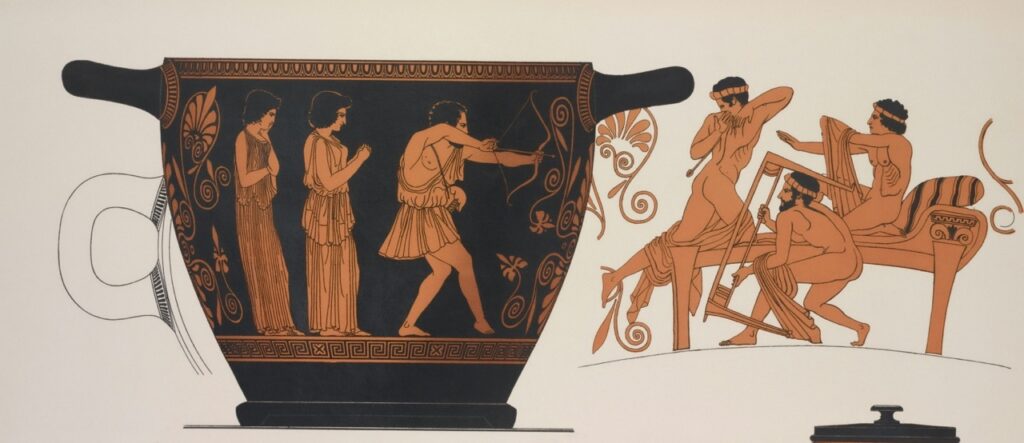
The heart, an enduring symbol of unyielding humanity
Faced with such an alarming picture, Luc Ferry advocates a different approach aimed at preserving self-esteem, altruism and social relationships, rather than excessive individualism, to avoid society falling into alcoholism and suicide.
For the philosopher and the surgeon, one certainty remains: artificial intelligence will save millions of lives. Without it, insisted Luc Ferry, neither immunotherapy nor targeted therapy would be possible. The advances expected in oncology, cardiology and all medical specialties are considerable. “I love the modern world, I’m a geek, but honestly all this frightens me,” admitted the former French Minister of Education.
I love the modern world, I’m a geek, but honestly all this frightens me
The challenge now transcends mere technical progress. It’s about preserving the essence of humanity: social bonds, self-esteem, a sense of purpose. And what better ambassador of these human values than the heart, the organ that bears symbolic power far beyond its biological function?
Greek mythology saw the heart as the seat of courage – the “thumos” embodied by heroes – while Christian tradition associates it with love and sacrifice. We talk about the heart of the matter, the heart of reason, the heart of the city – expressions that place the organ at the centre of our concepts. Whatever the power of artificial intelligence, it must always serve humanity, never replace it entirely. After all, beyond technological sophistication, it is the heart – the very symbol of our humanity – that must continue to beat to life’s rhythm.







